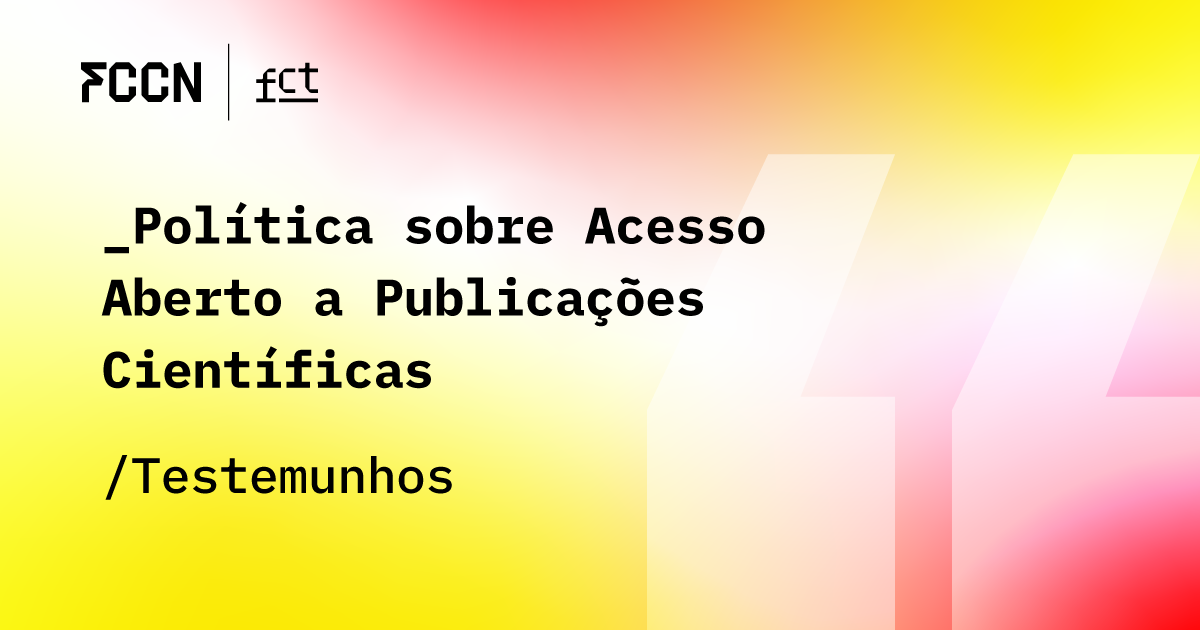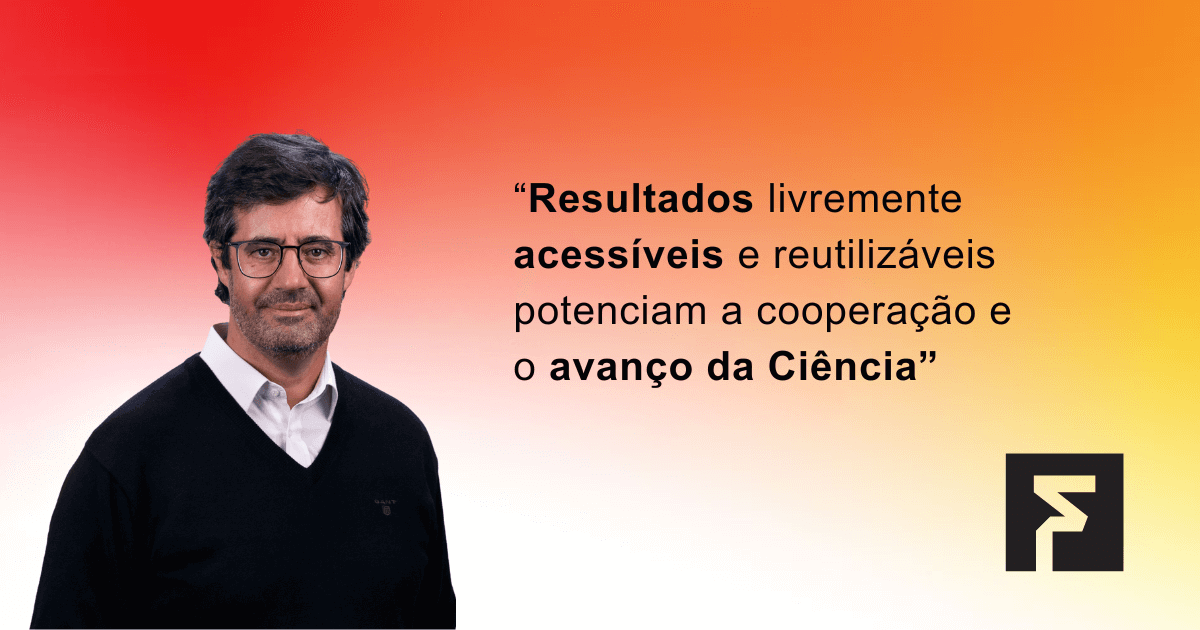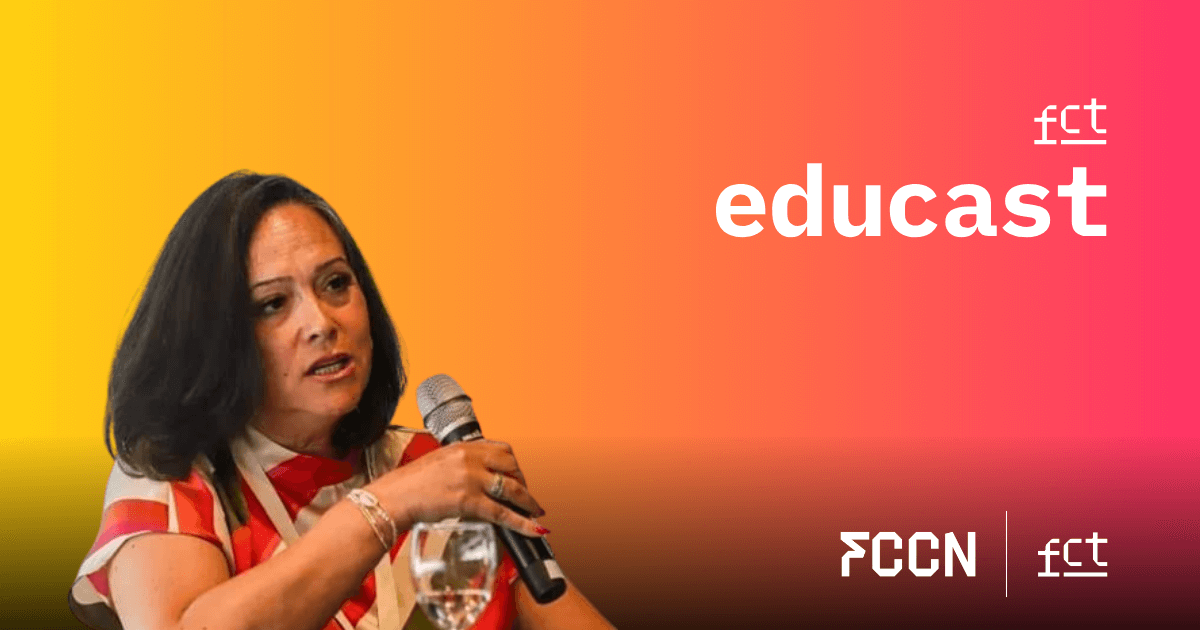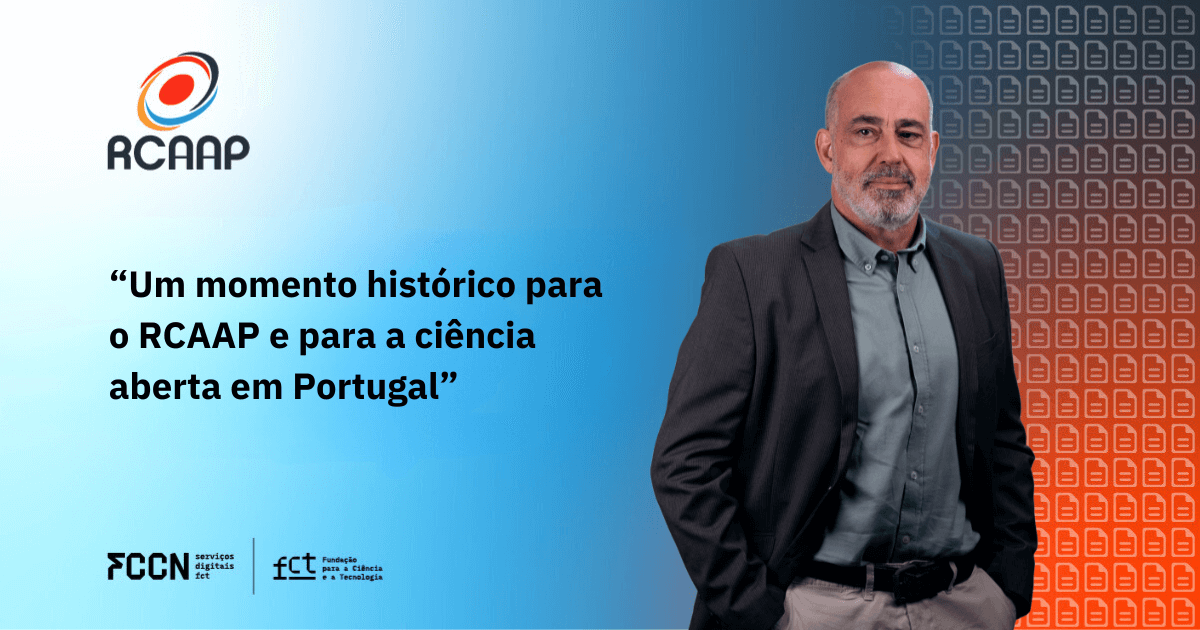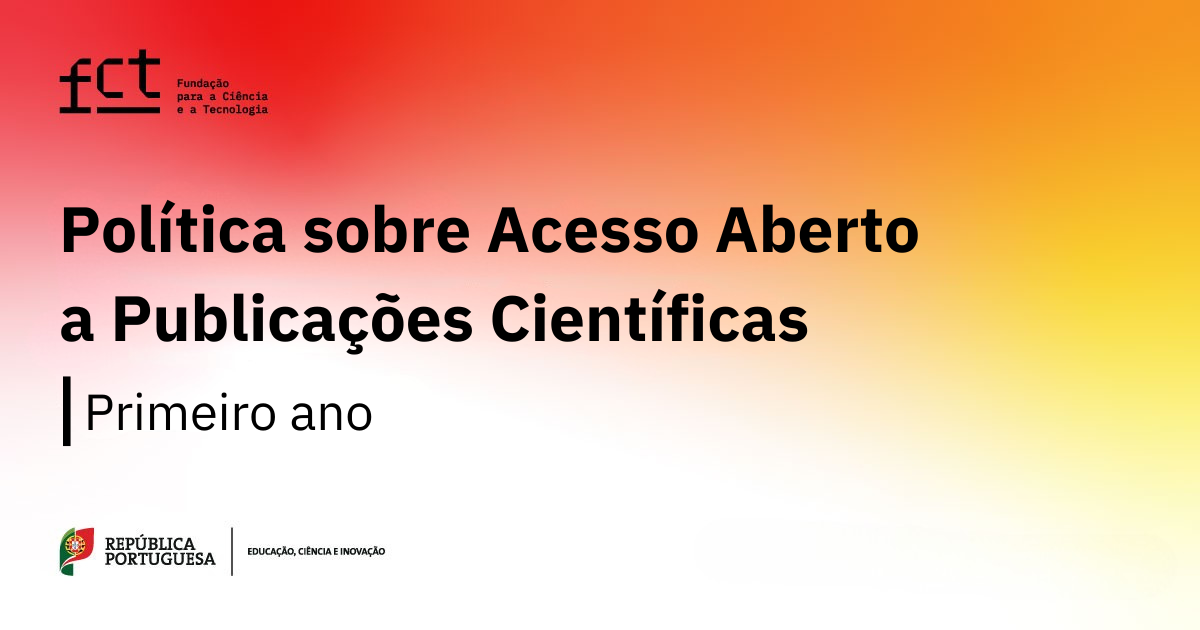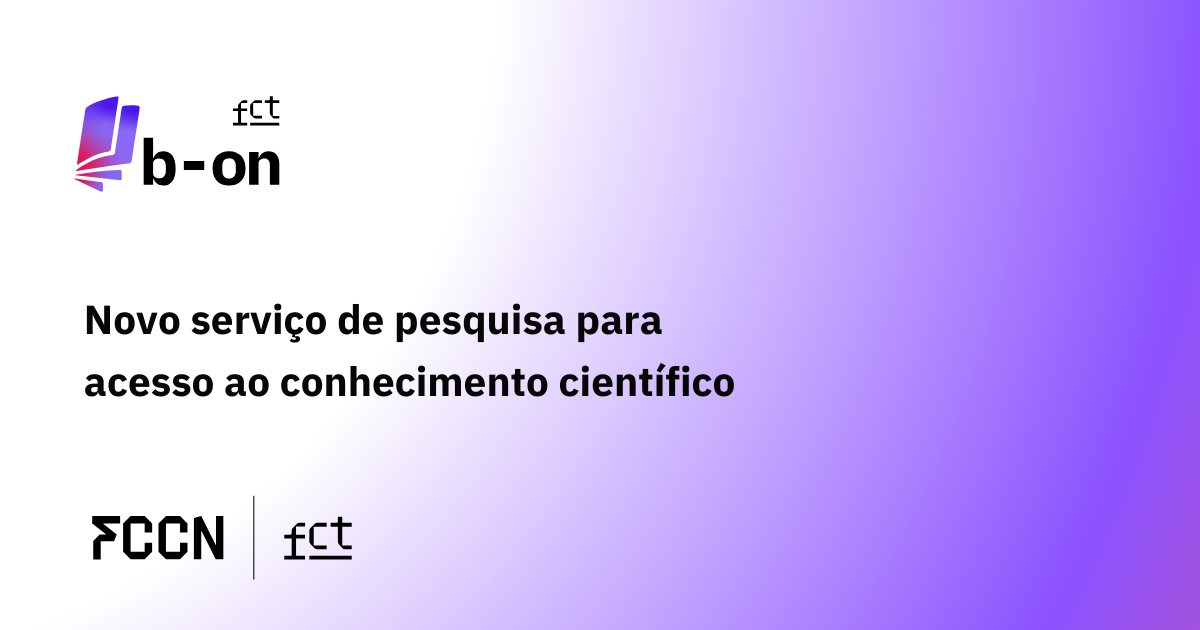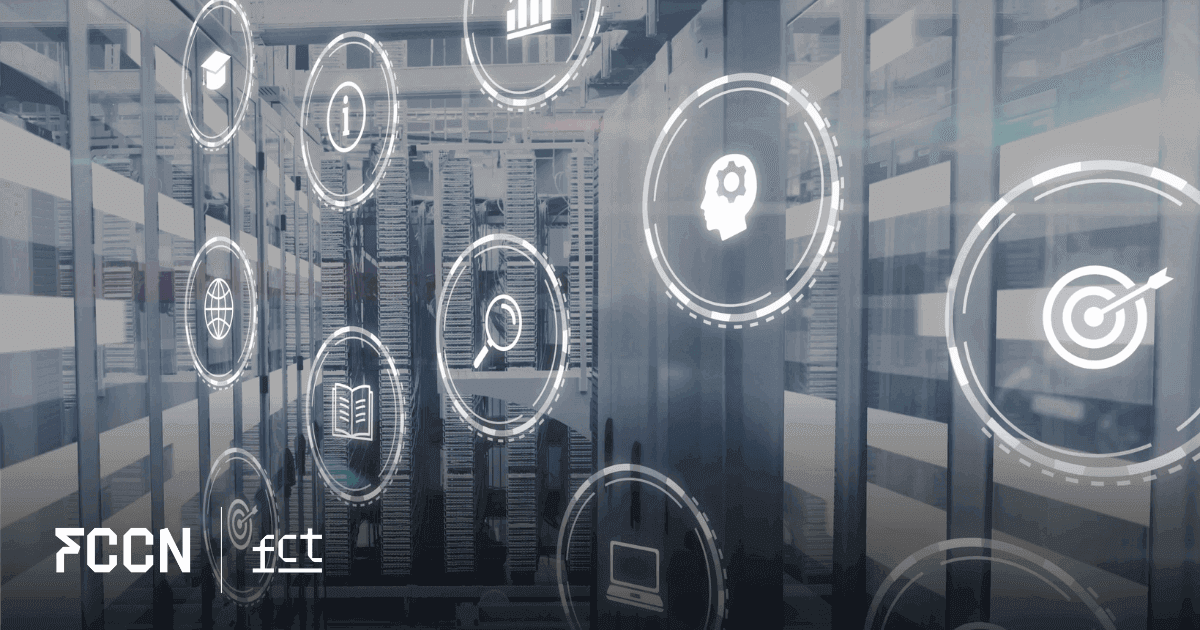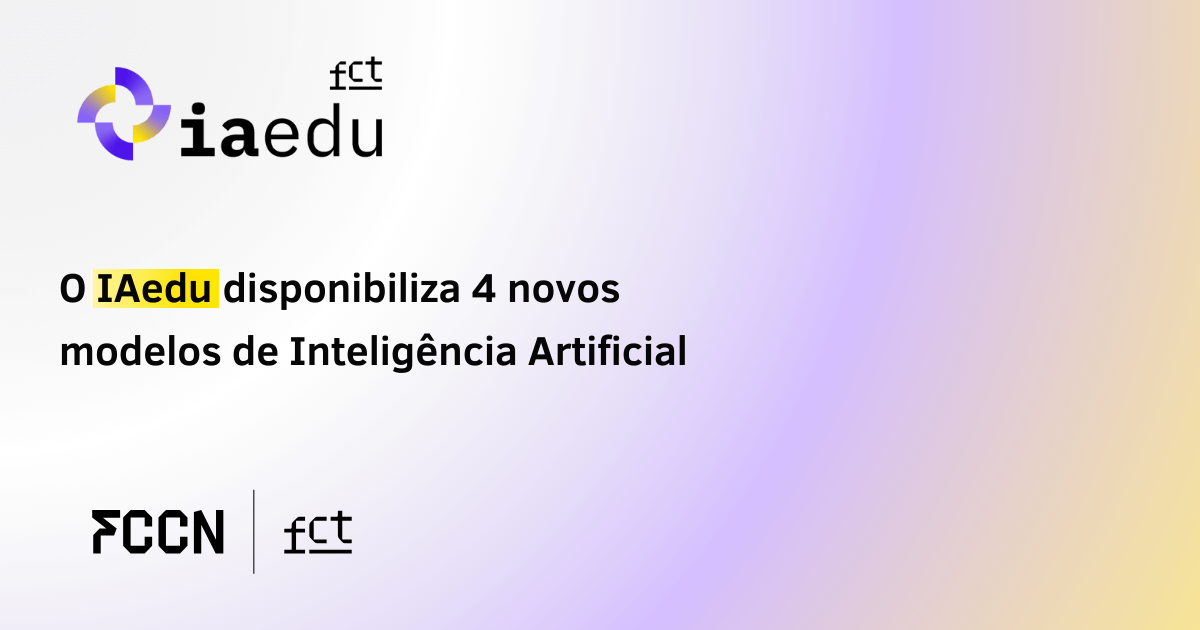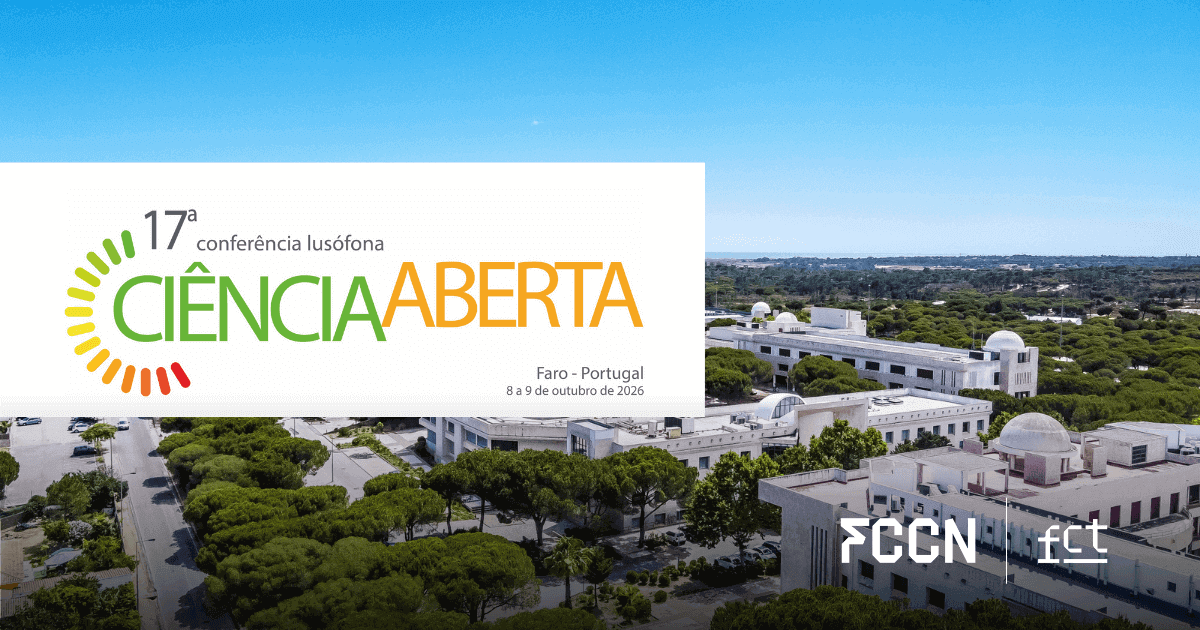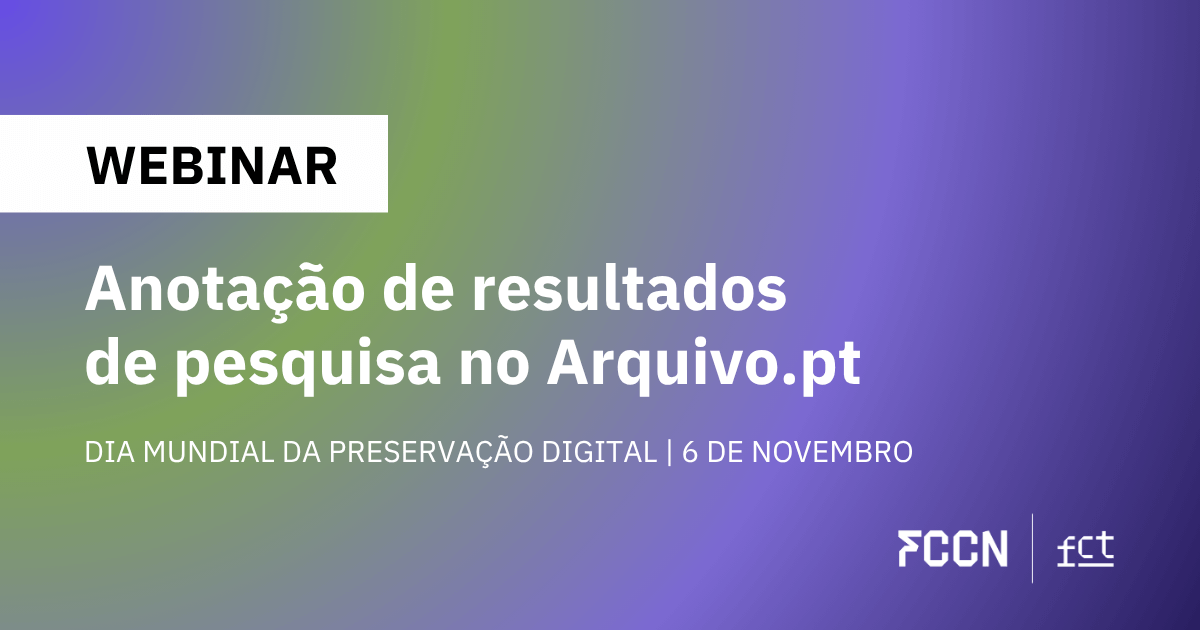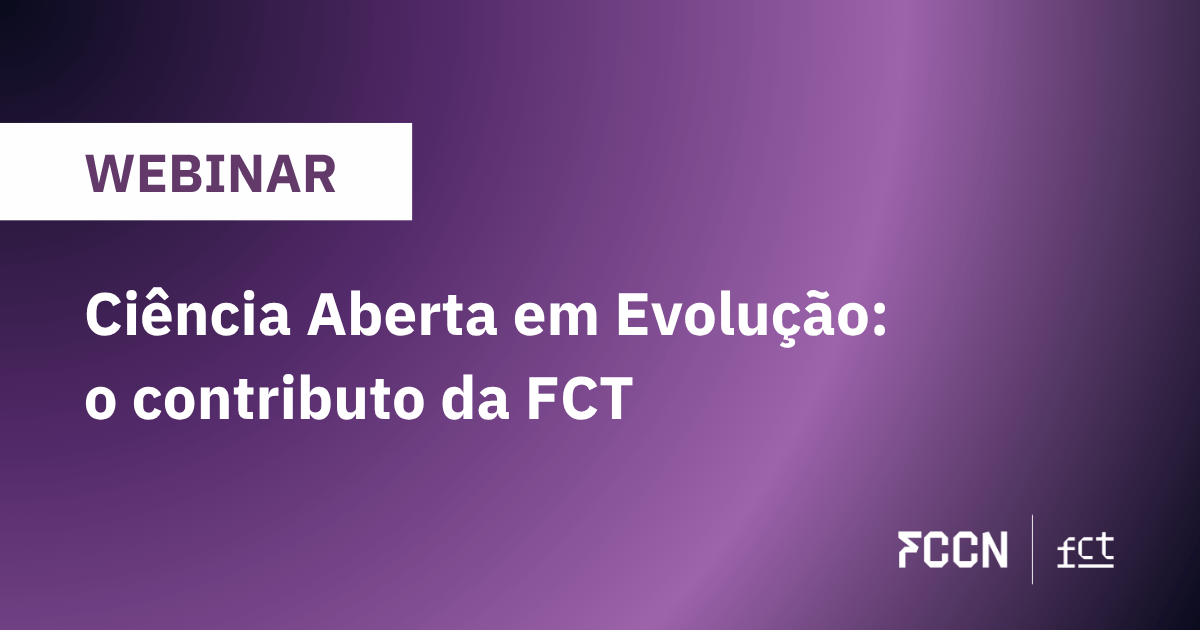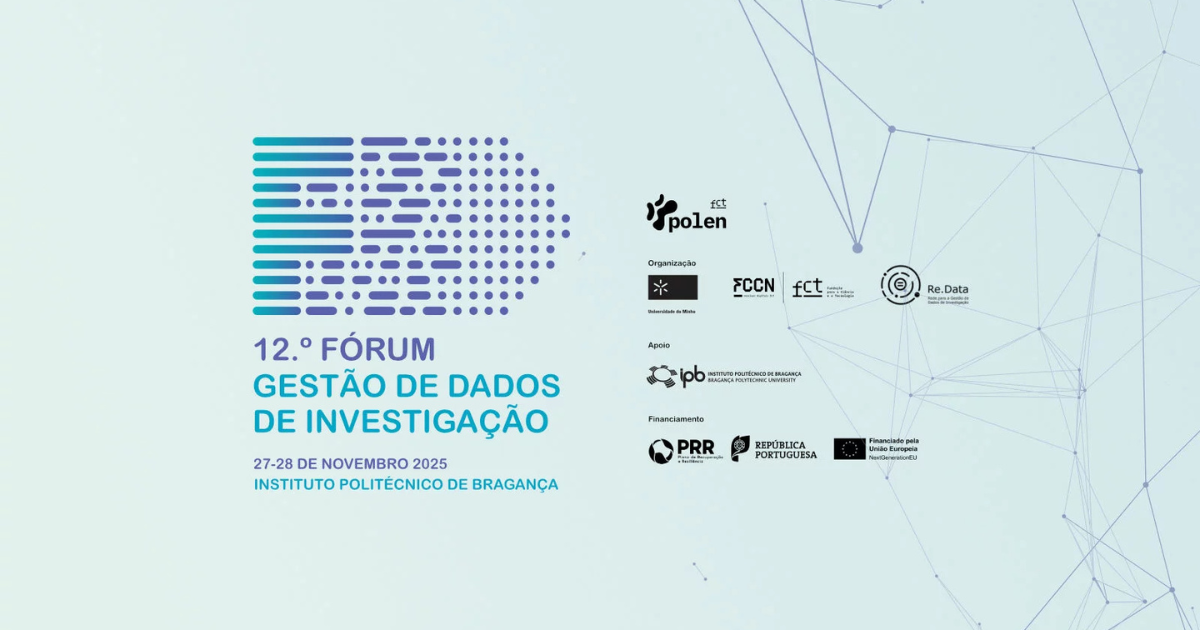Every day, thousands of students, teachers, and researchers use FCCN, the digital services of the Foundation for Science and Technology, to create knowledge and science. Learn how we support the teaching and research community in this task by learning about some of our projects.
Arquivo.pt
With Arquivo.pt you can find information published online since the 1990s, in a simple and intuitive way to search, and consult web pages from the past that are no longer available.
This information can be used for academic work and scientific research, for example, but also by anyone interested in exploring the Internet's past.
Learn more about the Arquivo.pt.
b-on
Used daily by people across the country, b-on (Online Knowledge Library) offers unlimited and permanent access to thousands of periodicals and e-books published by some of the leading international publishers.
By aggregating institutional demand into a centralized negotiation, this digital service, which celebrates its 20th anniversary in 2024, allows its members to access a much more comprehensive set of content—something that, individually, would not be economically viable.
Learn more about b-on.
CIÊNCIA ID
The CIÊNCIA ID service's objective is simple: to provide a unique authentication and identification system for all platforms in the national science ecosystem. This allows researchers to have permanent access to multiple services with a single login. CIÊNCIA ID also makes it easier to find scientific material and researchers working in specific sectors, for example.
Learn more about the CIÊNCIA ID.
SCIENCE VITAE
During their careers, scientists must submit their CVs multiple times to various organizations. CIÊNCIAVITAE aims to simplify the sharing of this information by creating a database of researchers that gathers information such as their identifier, training, positions, skills, research area, publications, affiliations, and more.
Learn more about the SCIENCE VITAE.
INDEXAR
INDEXAR is our service capable of identifying existing digital scientific repositories and journals at a national level, in different areas of knowledge. As such, it serves as an online reference for locating, validating, and preserving relevant scientific content in the fields of science, technology, and culture. For this reason, it is now an important tool for research conducted in Portugal.
Learn more about the INDEXAR.
NAU
MOOC platform – Massive Open Online Courses – with mostly free content taught in Portuguese, promoted in conjunction with leading entities from the public and private sectors, and higher education and private sector. In 2024, NAU became PortugalX on edX.org, bringing courses to over 2 million Portuguese speakers worldwide.
Learn more about NAU.
Polen
Research data management is now a central area of scientific activity. This area allows for greater visibility of the work carried out by national researchers, as well as increasing the reproducibility of the information collected. For these reasons, FCCN, the FCT's digital services, invested in the creation of the Polen project, an initiative that has implemented a Research Data Repository and a Data Management Plan System, among other resources.
Learn more about the Polen.
RCAAP
The Open Access Scientific Repositories of Portugal (RCAAP) consists of a platform for storing, preserving and promoting open access to scientific knowledge produced in Portugal.
It is a single point for research, discovery, location and access to thousands of scientific and academic documents, namely, articles from scientific journals, conference papers, theses and dissertations, distributed across the repositories that make up the network, both national and Brazilian.
Learn more about the RCAAP.
PTCRIS
PTCRIS brought a structural change to research in Portugal. The initiative consists of a framework of guiding standards, principles, and rules that integrated information systems supporting scientific activity into a single, coherent, and integrated ecosystem.
Through this structure, it has been possible to adapt knowledge production in Portugal to international reference standards, respecting the principles of Open Science and information security and privacy.
Learn more about the PTCRIS.

